COVID-19 and the related economic crisis elevated the systemic challenges low-income families face in accessing government programs to support their economic stability. In the midst of the pandemic, families stayed home, parents lost jobs and many children struggled to stay connected academically.
In response, the CARES Act and other emergency legislation funneled significant dollars to states, communities and families, and federal agencies offered a number of waivers and flexibilities to bypass existing policy or regulatory barriers so families could more easily tap into much-needed help. WKKF grantee, the American Public Human Services Association (APHSA), documented in two reports how states and the federal government innovated to support families during this time. “COVID-19, The Family, State, and Federal Policy — Lessons Learned in New England” focuses on six New England states and creating a national learning community. The lessons were piloted in the South, taking into account community context. “COVID Response Project: Lessons Learned from State Adaptations and Federal Flexibilities,” documents the learnings in both regions, with highlights from the South.
“These reports are built from on-the-ground expertise of our members — state and local health and human services leaders — and offer insights on the most important flexibilities, adaptations and innovations made by state human services agencies during the pandemic,” said Tracy Wareing Evans, president and CEO of APHSA. The reports highlight recommendations for how these experiences can inform future state and federal policy and practice that advance social and economic mobility and lay the foundations for a more equitable recovery.
The reports highlight several key lessons from the first six months of COVID-19 that many states hope to continue and that APHSA will carry forward as they expand to other states with WKKF support:
The offering of virtual services – such as appointments, application processes and coaching, and streamlining access to work supports – including SNAP and Medicaid – allows parents to focus on their family and economic goals.
Changing staff processes to allow some work from home, resulted in extraordinary efficiencies and clearing of case backlogs in the first months of COVID-19, and also helped staff manage their own work/family balance.
Cross-agency partnerships built or deepened during the pandemic improved system alignment and responsiveness in areas like food security, child welfare and housing.
Supporting family and agency resiliency makes states better equipped to be flexible and meet family needs during a crisis.
Building off of what we're learning to support Mississippi's families
Click each box to learn more
In 2017, WKKF invested in a public-private partnership between the National Conference of State Legislatures and the Administration for Children and Families (ACF) to support a body of work known as “A Whole Family Approach to Jobs” across New England states with a light partnership with southern states. Through state-level engagement of policy makers, organizations, parents, businesses and local philanthropy, the states worked to change policies related to benefits cliffs, work supports and access to employment.
That success led to a planning grant with the American Public Human Services Association (APHSA), through which APHSA and ACF planned to use lessons learned in New England and southern states to pilot a program that increased economic mobility for families in Mississippi and shared lessons from the regional learning communities. The program took into account the context and conditions of the South; work was underway when COVID-19 hit in 2020.
This positioned APHSA, ACF and state partners in Mississippi to quickly get approval for and implement flexible policies to help families – like remote interviews and application processes and paid sick leave and family leave. In APHSA’s report: COVID Response Project: Lessons Learned from State Adaptations and Federal Flexibilities, the changes show how federal waivers and flexibilities benefitted families and improved state operations.
According to the report, after transitioning operations to virtual services, the Mississippi Department of Human Services processed more than 60,000 new applications in a single month (April 2020).

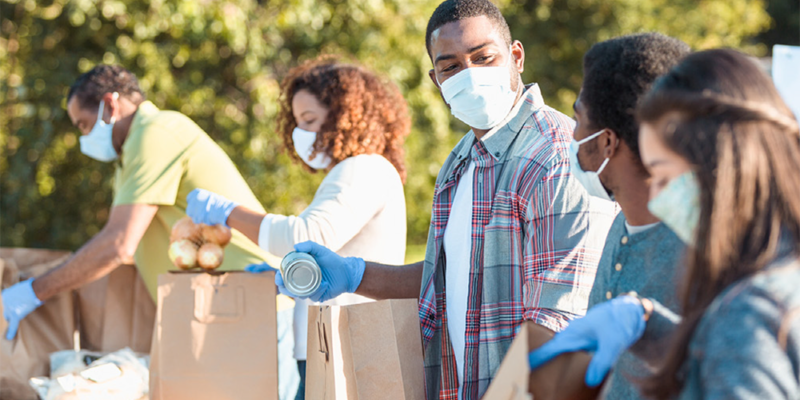
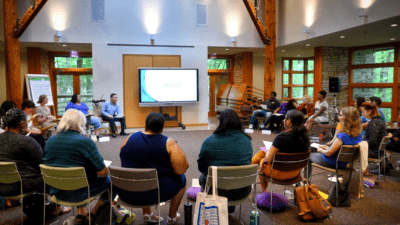
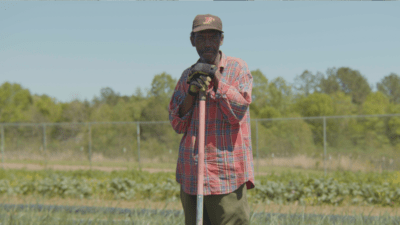

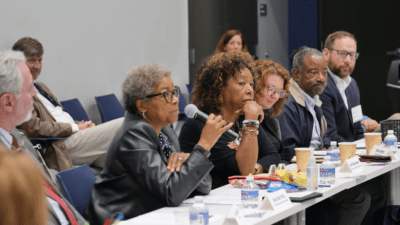
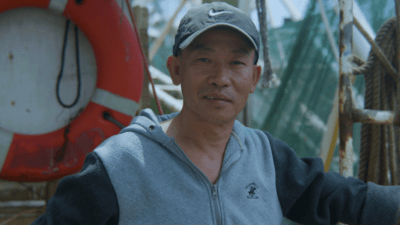

Comments